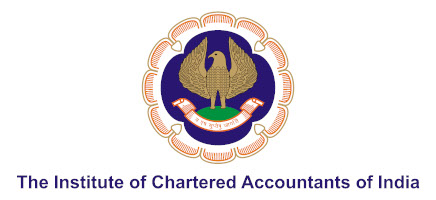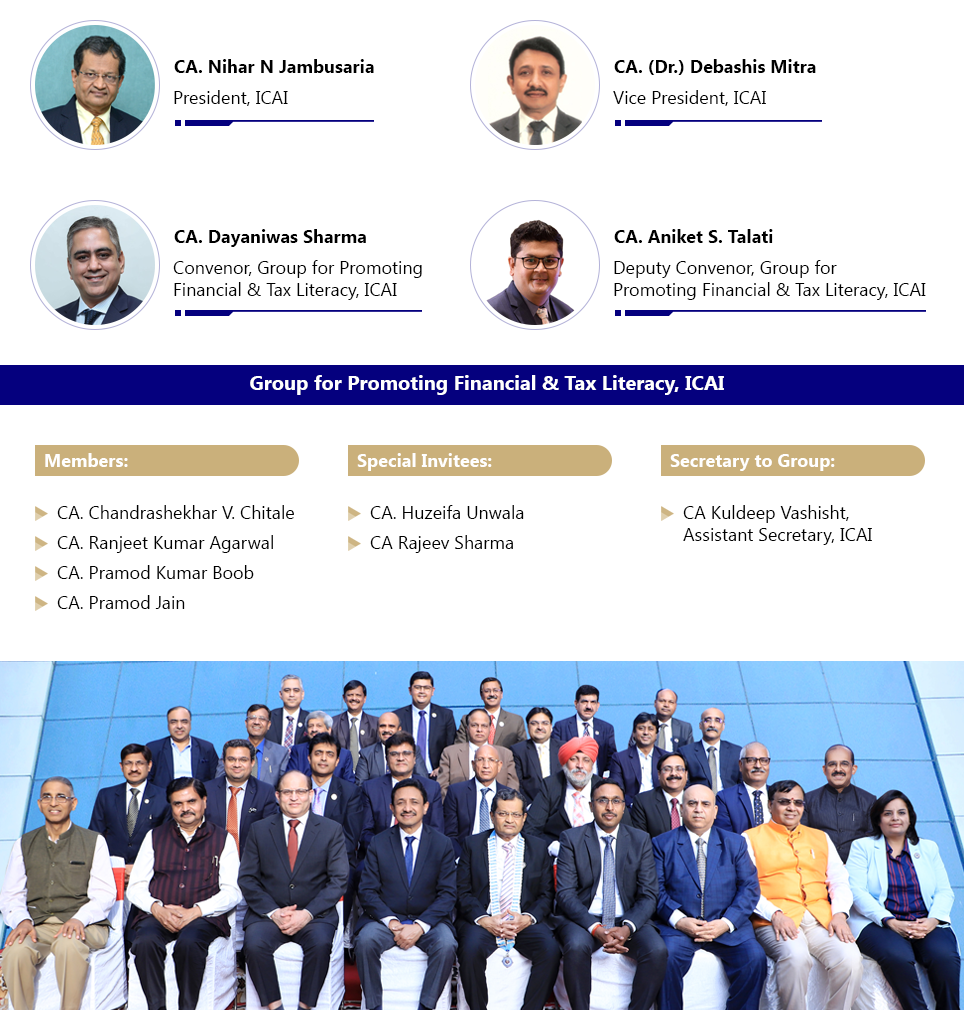Credit cards can be used to make purchases online or in stores and pay bills. When you use a credit card for either one, your card details are sent to the merchant’s bank. The bank then gets authorization from the credit card network to process the transaction. Your card issuer then has to verify your information and either approve or decline the transaction.
If the transaction is approved, the payment is made to the merchant and your card’s available credit is reduced by the transaction amount. At the end of your billing cycle, your card issuer will send you a statement showing all the transactions for that month, your previous balance and new balance, your minimum payment due and your due date.
The grace period is the period of time between the date of a purchase on your card and the due date listed on your statement. During this period if you pay your bill in full by the due date, no interest charges accrue. But if you carry a balance month to month, your card issuer can charge you interest. Your credit card’s annual percentage rate or APR reflects the cost of carrying a balance on an annualized basis. Your APR includes both your interest rate and other costs, such as an annual fee if your card has one.

